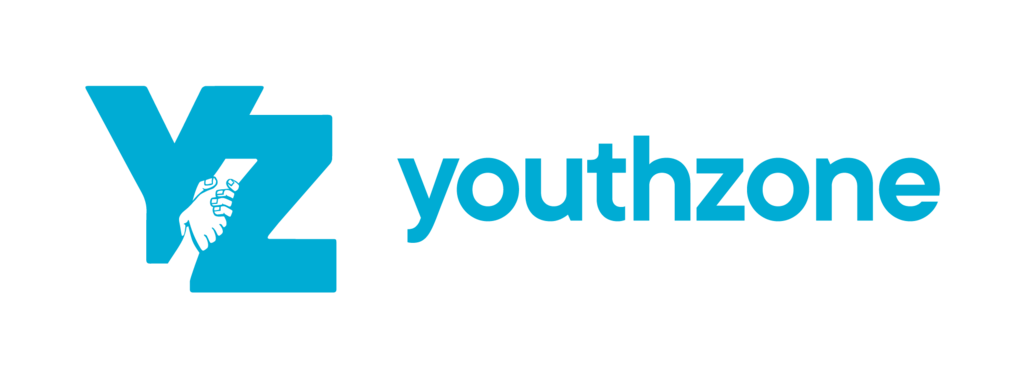
By Karen Barbee
Restorative Justice Coordinator
Restorative justice is a response to harm caused by a person’s action. To be an essential partner with youth and their families, YouthZone offers restorative justice as one of the services to restore hope and a view of what is possible.
Albert Einstein said, “All that is valuable in human society depends upon the opportunity for development accorded the individual.” This reflects the power that lies in restorative justice for youth, their families, schools and the community.
The restorative justice process seeks to identify and address the harms, needs and obligations of a transgression with an intention to heal and put things as right as possible. The intent is to move away from a punitive system of consequence to one that seeks accountability and responsibility for a wrong-doing. The offender expresses a willingness to take action to repair the harm. The offender, the victim, and community’s voices are heard and are held with respect and care.
If restorative justice is used only as a response to harm, it lacks a critical element. The process must also build a foundation of skills that allow a person to navigate difficulties and tough interactions in a way that strengthens relationships. It is important to understand the three tiers of the restorative justice triangle.
Tier One is the foundation of this triangle. Through prevention by education and skill building, this tier encourages the development of social and emotional capacity that build relationships and community. Fortifying individuals to be capable and strong in the face of conflict leads to actions that hold care for self and others. It is a proactive stage.
Tier Two is where the rubber meets the road. This is when the skills learned in Tier One are practiced and used in conflict situations. The targeted interventions are for transgressions that are experienced in daily life and are met with restorative dialogues and responsive circles.
Tier Three holds the processes for the aggressive and serious transgressions and offenses. These facilitated processes are held in a formal, structured environment and usually end with a contract stating the actions the offender will take to repair the harm.
All three tiers offer individuals opportunities to grow, learn and heal.
YouthZone offers a program, SCRIP, for schools interested in creating Tier One foundations and forming practices and applications found in Tier 2. YouthZone also works with law enforcement and schools for offenses that require Tier Three restorative justice processes.
YouthZone offers restorative justice services to schools and law enforcement agents from Parachute to Aspen and has joined Judicial District Nine to offer restorative justice trainings. We grow stronger as a society when there is a path to learn from mistakes, when forgiveness is offered, and healing for the one harmed is held with care.
If you would like to participate in YouthZone’s restorative justice practices as a community volunteer, please contact YouthZone at 970-945-9300 to hear more about training opportunities. You can also email [email protected]. More information about restorative justice can be found here: https://youthzone.com/restorative-justice/
Karen Barbee is the Restorative Justice Coordinator for the Restorative Justice program at Youth Zone. She taught for more than 20 years in the RE-1 School District and offers mediation and nonviolent communication through her business.
